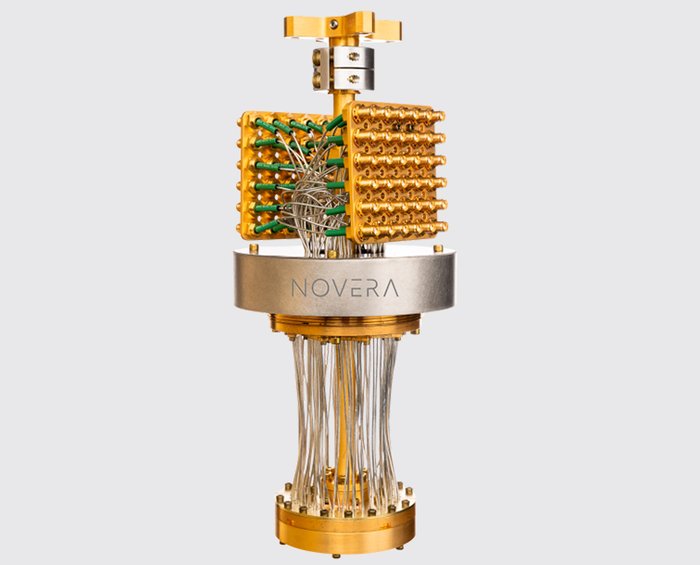
Connects decision-makers and solutions creators to what's next in quantum computing
Phasecraft Toolset Targets Simpler Quantum Material Simulation
Algorithms, modeling database could enable breakthroughs in renewable energy, manufacturing and drug development

Quantum algorithm company Phasecraft has developed a new approach that aims to make simulating materials on quantum computers simpler and more efficient.
The company sayid it could lead to advances in developing materials for use in developing renewable energy and manufacturing and support a better understanding of how drugs interact at the molecular level, speeding the development of new medicines.
Molecular composition works at a quantum level, so developing entirely new materials and chemicals would be a good match for future quantum computers. However, current devices are limited by the number of error-corrected qubits they offer.
Phasecraft’s approach works by combining and optimizing classical mapping with quantum simulation, reducing the resources needed for simulating materials.
It works in two stages. The first stage performs calculations and optimizations on classical computers to produce an effective representation of the material. The second generates efficient quantum circuits to simulate that material’s behavior.
Phasecraft has integrated these stages into a software pipeline that takes researchers from describing a material to generating a quantum circuit to simulate that material.
The company published a paper in Nature Communications, Towards near-term quantum simulation of materials, that demonstrated its approach dramatically cuts the number of quantum gates needed to run the simulations.
Phasecraft showed that lithium copper oxide, a material used in advanced lithium-ion battery technology, could be simulated with 410,000 quantum gates using its approach. The previous baseline technique used 1.5 trillion. It also identifies which candidate materials are best suited for quantum simulation.
“The improvements we've made in circuit depths with our latest algorithms fundamentally shift the landscape and timeline of materials simulation on quantum computers,” said Phasecraft co-founder and chief technology and science officer Toby Cubitt.
“What was once deemed beyond reach of near-term quantum computers now looks to be within striking distance. We’ve taken an important step towards the promise of modeling and designing novel materials using quantum computing.”
Phasecraft has also published its Materials Modeling Quantum Complexity Database, a library describing the quantum circuit complexity for more than 40 materials that could have practical applications.
“By publishing our materials database, we aim to bridge the gap between quantum computing theory and practical application,” said Phasecraft co-founder and CEO Ashley Montanaro.
“With each material's circuit depth and qubit requirements at their fingertips, scientists and engineers now have a new tool to assess where the greatest benefits of quantum computation are in the pursuit of accurate materials modeling. It’s the culmination of multiple years of research and a testament to the progress we've made in bringing materials modeling on quantum computers closer to reality.”
About the Author(s)
You May Also Like
.png?width=100&auto=webp&quality=80&disable=upscale)
.png?width=400&auto=webp&quality=80&disable=upscale)




